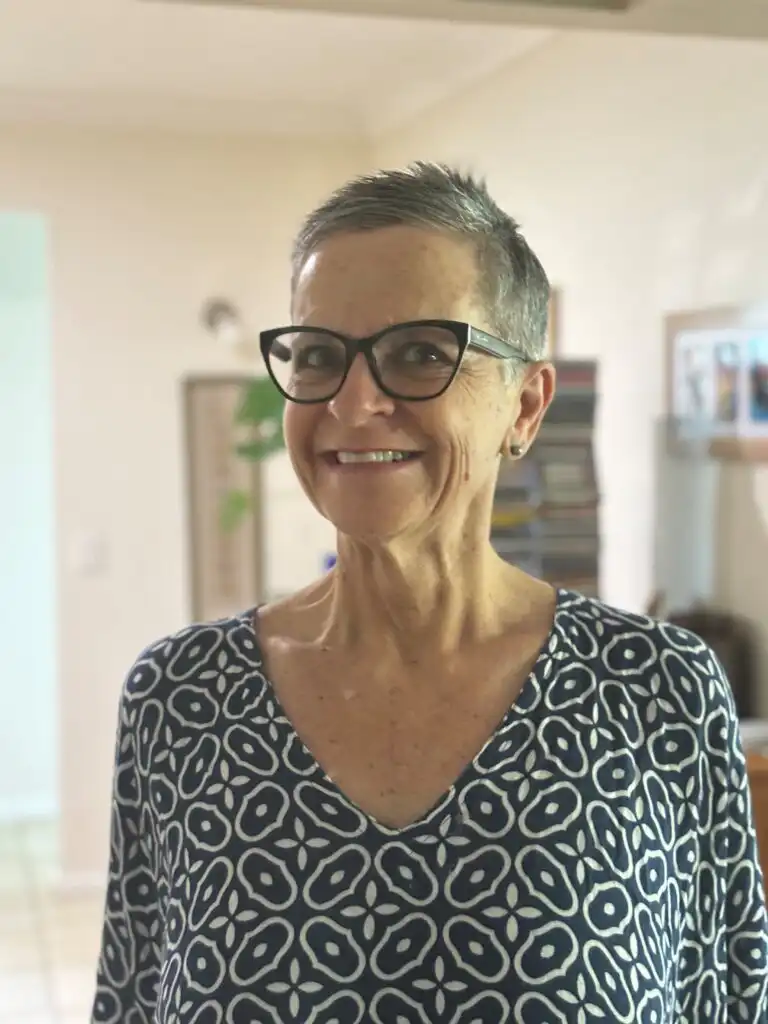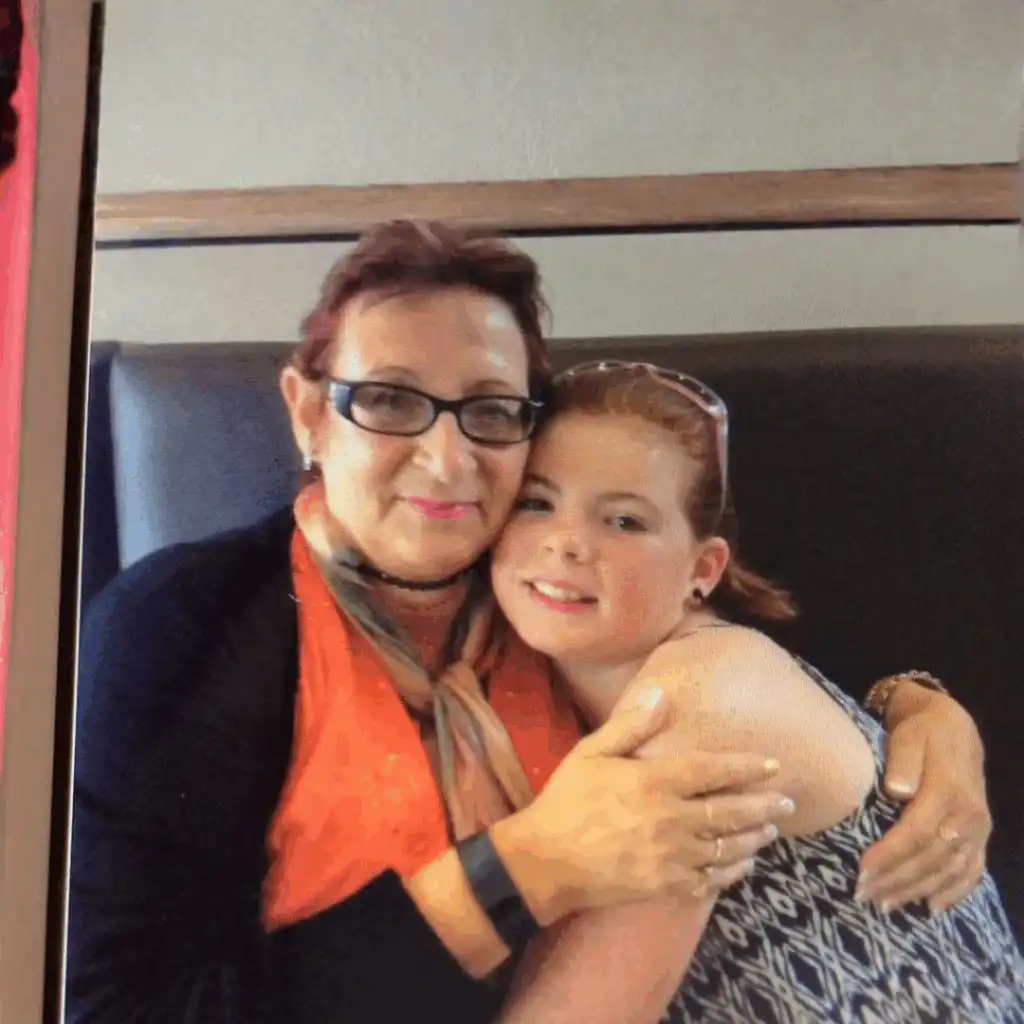Understanding how to protect your lung health during bushfire season is essential. Bushfires are a threat in Australia all year round and controlled burning may be necessary in preparation for bushfire season. This is generally around October to February. It’s important to be aware of how air pollutants, like bushfire smoke, can affect your lung health, and what you can do to protect yourself.
In the lead up to summer this year, Australia has already witnessed countless fires burning across the country. Bushfire smoke has an impact on everyone’s lung health. People with lung conditions in particular, and other vulnerable groups such as pregnant women, children and the elderly are encouraged to be extra vigilant during bushfire season.
Smoke inhalation
Bushfire smoke pollutes the air and increases the concentration of particulate matter. Smoke inhalation is caused when the small particles are inhaled. These can go deep into the lungs and bloodstream and cause your airways to narrow making it harder to breathe. This is often mild, however for someone living with a lung condition it can be serious.
During bushfire season, there are often grave concerns for safety of the people, property and wildlife in the immediate fire zone. However, smoke clouds from bushfires can travel thousands of kilometres impacting the health and wellbeing of many more people. Taking care to avoid or reduce exposure to bushfire smoke, particularly in vulnerable groups is essential.
Bushfire smoke may irritate airways. Symptoms of airway irritation may include wheezing, chest tightness and shortness of breath. If you have an existing lung condition it may cause symptoms to flare-up or worsen.
Living with a lung condition during bushfire season
If you are living with a lung condition, minimise your exposure to bushfire smoke and other air pollutants where possible. This will help protect your lung health. Preparation is key to minimise your exposure to smoke and reduce the risk of experiencing worsening symptoms.
Having a plan in place, in the event you experience worsening symptoms due to exposure to smoke, can help you manage your condition as well as possible. You may need to have a discussion and make a plan with your GP or specialist to ensure you feel confident and know the necessary steps to take. If you are living with COPD or bronchiectasis, having an up-to-date written action plan can assist with clear instructions on how to take early prevention steps.
Action plan templates are available for COPD and bronchiectasis to complete with your healthcare team.
If you’re in an area affected by bushfire smoke, where possible you should:
- Avoid unnecessary physical activity outside
- Rest more frequently and keep away from the smoke
- If using a facemask, ensure its P2/N95 to help filter out the particles in bushfire smoke
- Close windows and doors to minimise smoke in your home
- Switch your air conditioner (if you have one) to recycle or recirculate
- Follow your action plan and treatment advised by your doctor and keep your medicines close at hand
- Seek medical assistance if feeling unwell or you are concerned about your symptoms, particularly if you develop a cough or shortness of breath
- Have your household emergency plan ready in the event of an evacuation or the loss of essential services (such as power loss) during bushfires
- Consider temporarily moving to a safe residence if it is safe to travel
- If you need to evacuate your residence, take with you all your medications, prescriptions and any written action plan with you.
Lung Foundation Australia continues to advocate for the adoption of World Health Organisation air quality guidelines, and for policies and programs that protect lung health.
In case of emergency:
Report all fires to triple zero – 000
For general health advice, call Healthdirect Australia – 1800 022 222
We’re here to help
Our Lung Health Helpline team are here to assist you with your questions, provide general information and referral to support services. This free and confidential service is available Monday to Friday 8am – 4.30pm (AEST). Call 1800 654 301 or find out more, here.
Was this page helpful?
Good job! Please give your positive feedback
How could we improve this post? Please Help us.



